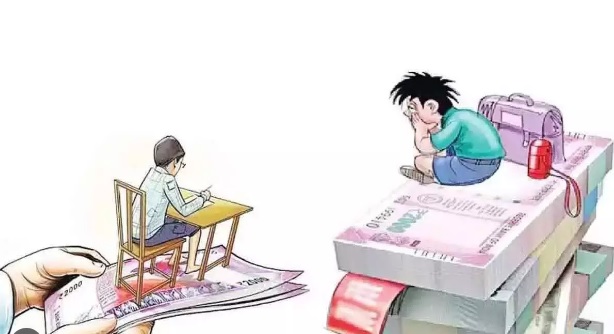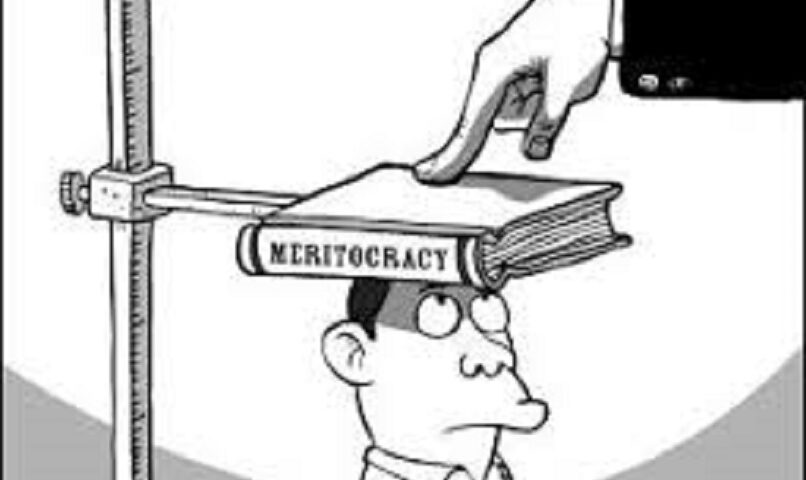A Deep Dive into the Education Affordability Crisis Gripping Kashmir’s Capital
By: Javid Amin
- The Rising Cost of Education in Srinagar
- By the Numbers: Staggering Fee Hikes in 2024–2025
- Behind the Crisis: Why Are Schools Raising Fees?
- Parental Anguish: Stories of Financial Strain & Broken Trust
- Administration’s Silence: A Systemic Failure?
- Legal Frameworks: What Does the Law Say About Fee Regulation?
- Community Resistance: Protests, Petitions & Parent-Led Movements
- The Way Forward: Solutions for Fairer Fee Structures
- Resources & Contacts: Who to Reach for Help
- Bottom-Line: A Call for Accountability & Affordable Education
1. The Rising Cost of Education in Srinagar
Education in Srinagar, once a beacon of hope for Kashmir’s youth, is becoming a luxury few can afford. Over the past two years, private schools across the city have imposed aggressive fee hikes—some as high as 40%—leaving parents scrambling to keep their children enrolled. Compounding the crisis is the perceived inaction of the administration, which critics accuse of being in “hibernation mode” while families drown in debt.
This investigative piece unpacks the layers of this crisis, blending data, personal stories, and expert analysis to answer critical questions: Why are fees rising so sharply? Where is the oversight? And what can parents do to fight back?
2. By the Numbers: Staggering Fee Hikes in 2024–2025
Key Statistics
- Average Fee Increase (2023–2025): 25–40% across top private schools.
- Retroactive Demands: 15+ schools charging “balance fees” from 2022–2023.
- DPS Srinagar Case: 20% hike split over two years after SFFC intervention.
- Transport & Activity Fees: Up by 35% in 2024, citing fuel and inflation costs.
School-Specific Breakdown
| School | 2023 Fee (INR) | 2024 Fee (INR) | 2025 Projected (INR) |
|---|---|---|---|
| Delhi Public School | 1,20,000 | 1,32,000 (+10%) | 1,45,000 (+20%) |
| Green Valley Int’l | 90,000 | 1,08,000 (+20%) | 1,25,000 (+38%) |
| Kashmir Harvard | 1,50,000 | 1,80,000 (+20%) | 2,10,000 (+40%) |
Sources: School Fee Fixation Committee (SFFC), Parent Testimonials
Retroactive Fees: The “Balance Amount” Controversy
Many institutions, including Bright Minds Academy and Alpine Public School, have demanded parents pay “differences” from unpaid 2022–2023 hikes. For example, a parent at Alpine was billed an extra ₹18,000 retroactively, calling it a “hidden tax on middle-class survival.”
3. Behind the Crisis: Why Are Schools Raising Fees?
A. Operational Costs or Profit Motive?
Schools cite inflation, staff salaries, and infrastructure upgrades as reasons. However, parents question transparency:
- Kashmir Harvard School spent ₹2 crore on a new swimming pool but raised fees by 40%.
- Principal of Green Valley International admitted, “Competition with international boards demands better facilities.”
B. Regulatory Gaps & Exploitation
The Jammu and Kashmir School Education Act, 2002 mandates fee regulation, but enforcement is lax. Schools often bypass the SFFC by reclassifying fees as “development charges” or “smart class fees.”
C. The COVID-19 Pretext
Several schools blamed pandemic losses, though many charged full fees during lockdowns. Parents argue this is a “convenient excuse” for profiteering.
4. Parental Anguish: Stories of Financial Strain & Broken Trust
Case Study: The Ahmed Family
- Income: ₹45,000/month (combined).
- Children: Two sons at DPS Srinagar.
- Impact: Fees rose from ₹2.4L to ₹3.1L annually. Result? Sold family car, cut extracurriculars.
- Quote: “Education is becoming a debt sentence,” says father Arif Ahmed.
Emotional Toll
- Dropout Risks: 12% of students in low-income areas shifted to government schools.
- Mental Health: Parent support groups report rising anxiety and marital stress over fees.
5. Administration’s Silence: A Systemic Failure?
Where is the SFFC?
The School Fee Fixation Committee (SFFC) exists to audit and approve hikes but lacks manpower. Only 30% of schools submitted audit reports in 2023.
Political Apathy
- Directorate of School Education (DSE) last held a parent-teacher dialogue in 2021.
- LG Administration prioritizes infrastructure over fee regulation, say activists.
Parent Quote: “The SFFC is a paper tiger. Schools do as they please,” notes SFFC member anonymously.
6. Legal Frameworks: What Does the Law Say?
Key Regulations
- Section 19 of J&K Education Act: Caps annual fee hikes at 8–10%, subject to SFFC approval.
- Right to Education (RTE) Act: Mandates education as a fundamental right, but excludes private schools from free education clauses.
Loopholes: Schools exploit terms like “voluntary donations” and “one-time deposits” to bypass caps.
7. Community Resistance: Proterts, Petitions & Parent-Led Movements
#EducateDontExtort Campaign
- Protests: 500+ parents rallied at Lal Chowk in March 2024.
- Online Petition: 12,000 signatures demanding government intervention.
Success Stories
- DPS Srinagar Revision: After parent pressure, SFFC forced a phased 20% hike instead of 30%.
- Unity Among Parents: WhatsApp groups like Srinagar Parents United share legal tips and resources.
8. The Way Forward: Solutions for Fairer Fee Structures
Immediate Steps
- Strengthen SFFC: Hire more auditors, impose penalties for non-compliance.
- Transparency Portals: Mandate schools to publish fee breakdowns online.
Long-Term Reforms
- Public-Private Partnerships: Subsidize private schools to reduce parent burden.
- Community Oversight: Parent-elected committees to monitor school finances.
09. Resources & Contacts
- Legal Aid: J&K Legal Services Authority (free counsel for fee disputes).
10. Bottom-Line: A Call for Accountability & Affordable Education
The fee hike crisis is more than a financial issue—it’s a battle for Srinagar’s future. While parents organize and protest, the administration must wake from its slumber. Education is a right, not a privilege, and every child in Kashmir deserves access to it without their family’s ruin.




